IMF: Nigeria’s Economic Reforms Yet to Benefit Ordinary Citizens Amid Rising Poverty
The International Monetary Fund (IMF) has highlighted that the rigorous economic reforms implemented by the Nigerian government have not yet translated into improvements for the average citizen, nearly two years following their initiation.
After taking office in May 2023, President Bola Ahmed Tinubu introduced an extensive economic reform initiative aimed at remedying the country’s public finances, a move that both the administration and the IMF deemed essential. However, these reforms have led to significant hardships for many Nigerians, who are currently facing the worst cost-of-living crisis in decades.
In a statement, Axel Schimmelpfennig, the IMF Mission Chief for Nigeria, acknowledged that the government has made “important strides” toward stabilizing the economy, enhancing resilience, and fostering growth. However, he noted that the benefits of these efforts have not reached all citizens, as poverty and food insecurity levels remain alarmingly high. His remarks followed nearly two weeks of routine discussions with government officials and representatives from civil society.
“The outlook remains fraught with considerable uncertainty,” Schimmelpfennig cautioned, pointing out that heightened global uncertainties and declining oil prices will likely affect the Nigerian economy. Nonetheless, he asserted that Tinubu’s reforms have positioned the economy more favorably to handle these external challenges.
Key components of the reform agenda include the liberalization of the struggling naira, the elimination of longstanding fuel subsidies that had kept petrol prices artificially low, and the cessation of the Central Bank’s financing of the fiscal deficit.
Additionally, a recent report from the World Bank indicated a surge in poverty levels in Nigeria over the last six years, with more than half of the population—approximately 129 million people—now living in poverty.

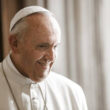
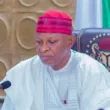


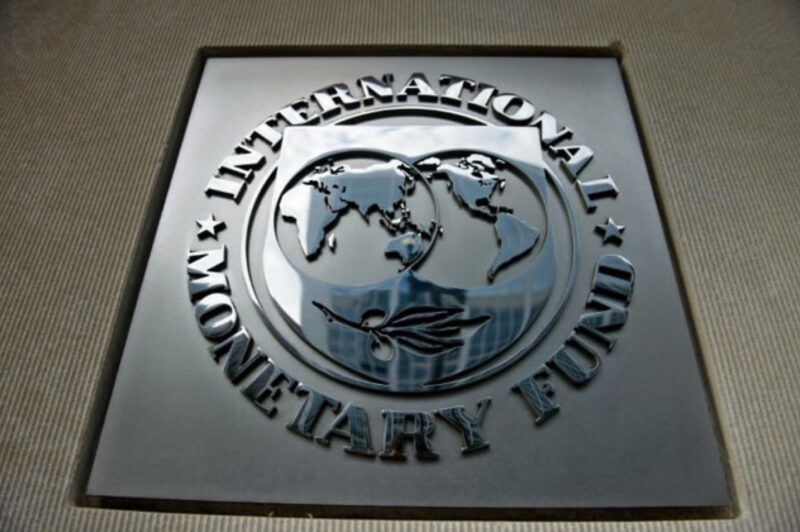


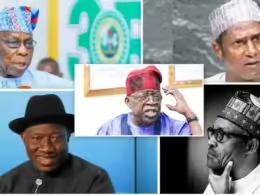
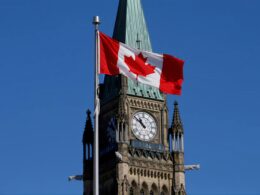
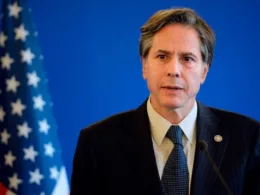
Join our Channel...